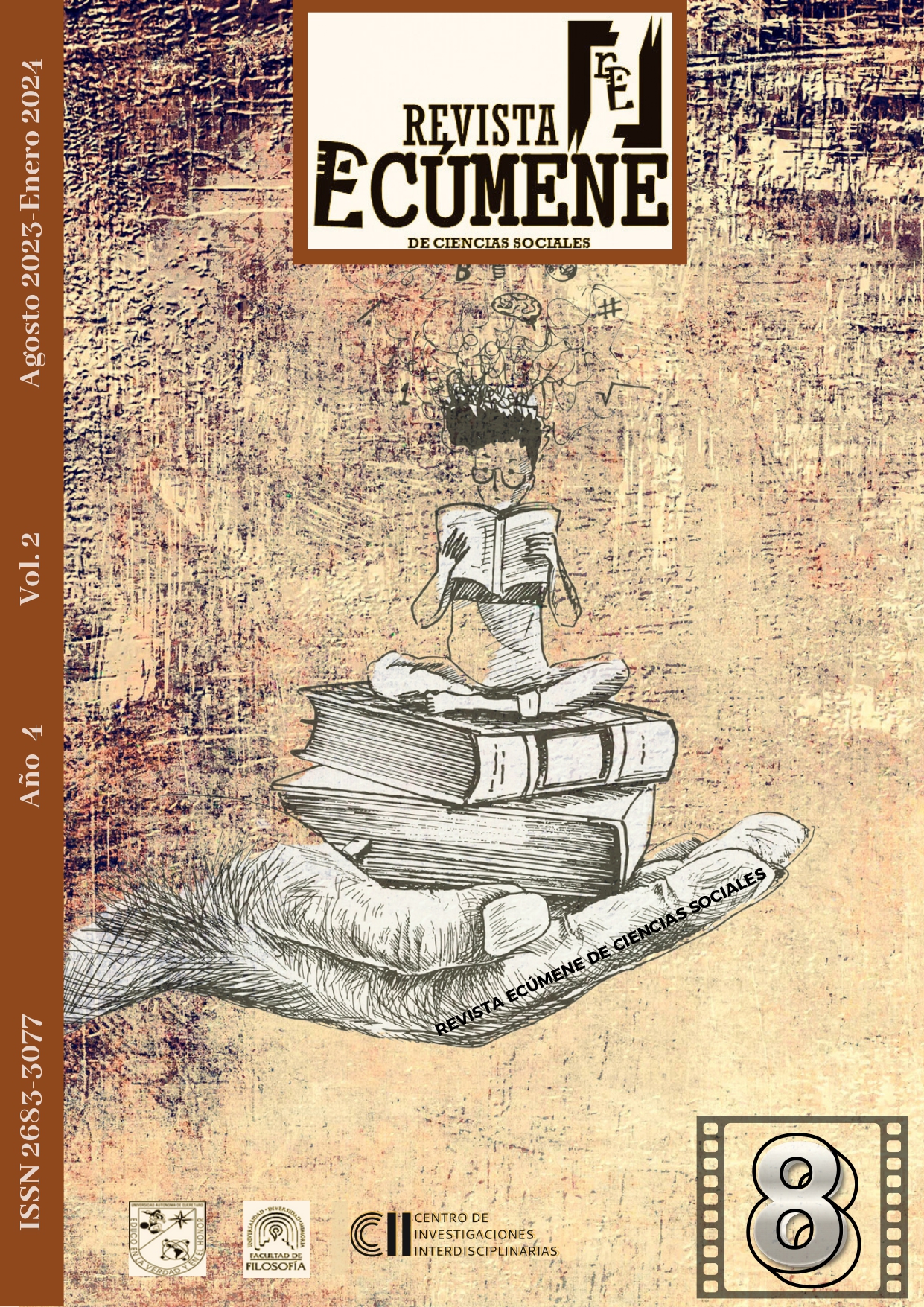Abstract
The purpose of this article is to analyse the representations of public space and citizenship under certain discursive formations framed in the Participatory Budget platform BA Elige of the Government of the Autonomous performative and legitimate dimension which defines citizen and public space interpretations, under principles of vision and division according to neoliberal discursive formations. Through the analysis of institutional discourse of the reports of the Territorial Model, the Participatory Strategic Plan and the Walkability Index, the articulations and assemblages that function as bases for the categorization of the attributes of citizenship and public space in the platform are addressed. From the GCBA's enunciative construction, the legitimate subject is signified in the figure of the neighbour. Social representations about the neighbour are constituted among the modalities
of participation and practices of presence in the public space. The right to exercise participation is transformed into the sort of individual will that displaces the conflict. The platform constructs a horizon of transformation of the city as a public space, but which acquires meanings related to the neighbourhood scale. The representations on spatiality presented signifiers such as desired city, experiential, branded, proximity, accessibility and walkability, from which meanings of public spaces that ignore the conflict
were derived, focused on urban renewal projects of hygienist logic and beautification.

This work is licensed under a Creative Commons Attribution-NonCommercial-ShareAlike 4.0 International License.
Copyright (c) 2024 Revista Ecúmene de Ciencias Sociales

